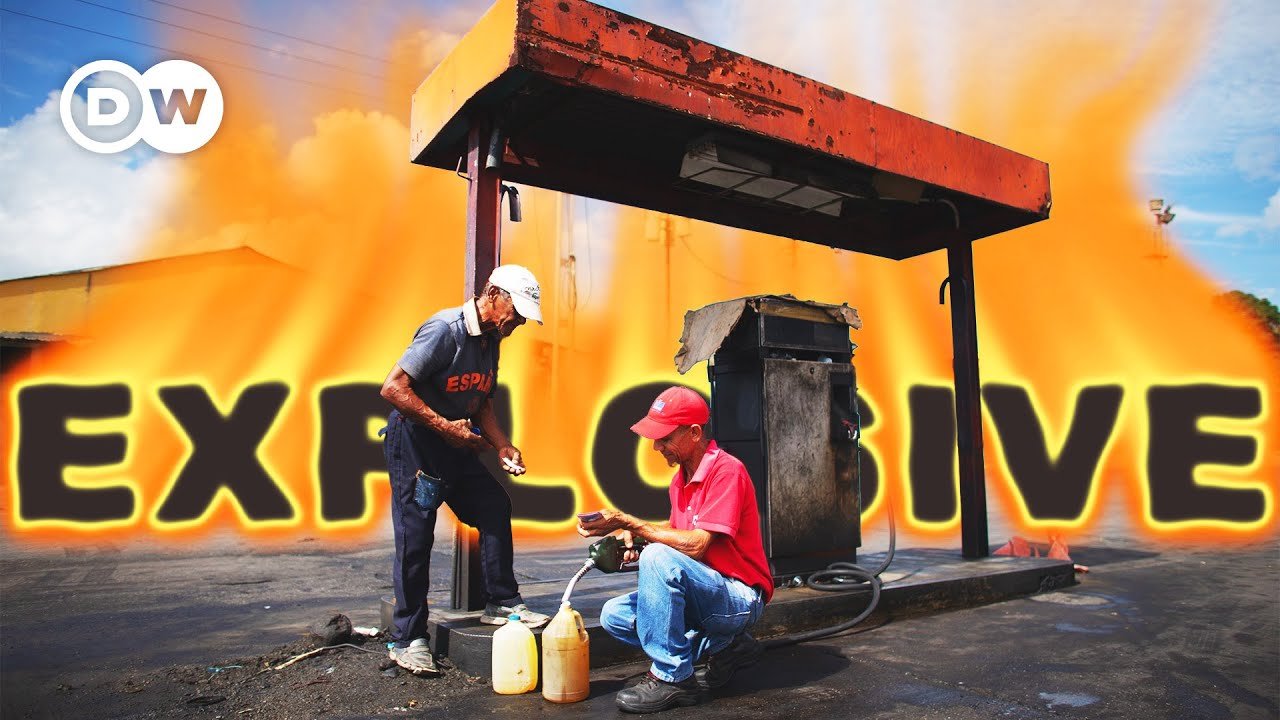- Venezuela’s fuel crisis is characterized by long queues and low-quality gasoline that damages vehicles.
- The country’s economic troubles and the deterioration of its oil refineries have led to a reliance on petroleum imports from Iran.
- The imported fuel’s questionable quality has resulted in widespread issues, including vehicles failing to start and potentially catching fire.
- Despite having the world’s largest proven crude oil reserves, Venezuela’s oil industry has significantly declined, impacting the availability and quality of fuel.
- Residents face daily struggles, with some having to choose between fuel for their cars and necessities like food.
- The crisis has led to a situation where owning a car is both a necessity and a burden due to the constant need for repairs caused by substandard fuel.
- The Venezuelan government has capped the price of oil imports from Iran, but the quality of fuel has dropped even as prices have risen.
- Experts attribute the poor fuel quality to low octane levels, which can cause detonation and damage to the engine.
- Procuring fuel is time-consuming, with residents having to wait hours in queues, and stations often controlled by the army or paramilitary groups demanding bribes.
- The severe fuel shortage and the poor quality of fuel starkly contrast with the past when Venezuela’s oil industry was thriving.
DW News is a global news TV program broadcast by German public state-owned international broadcaster Deutsche Welle (DW).
AllSides Media Bias Rating: Center
https://www.allsides.com/news-source/deutsche-welle-media-bias
Official website: https://www.dw.com
Original video here.
This summary has been generated by AI.

Leave a Reply